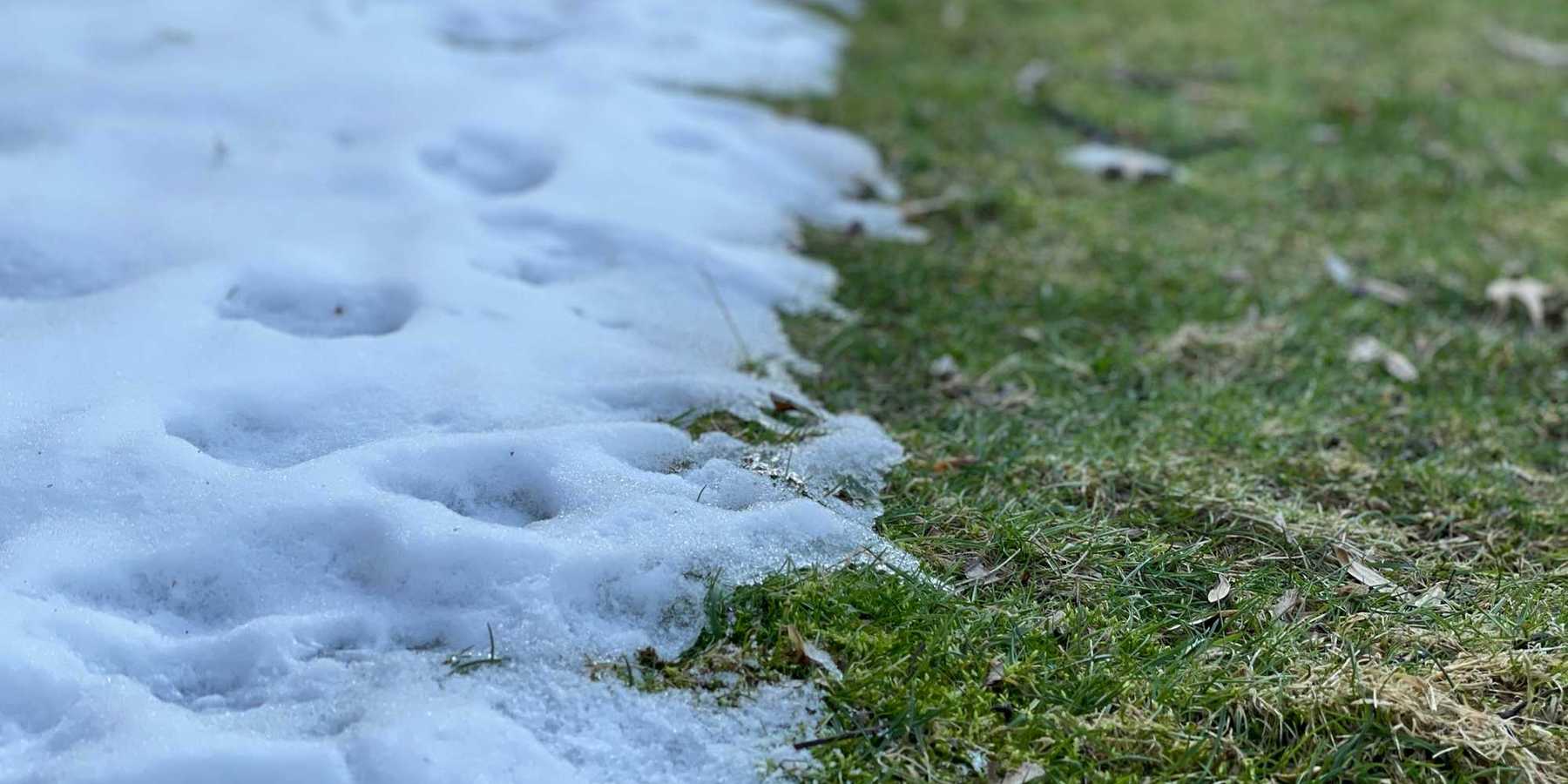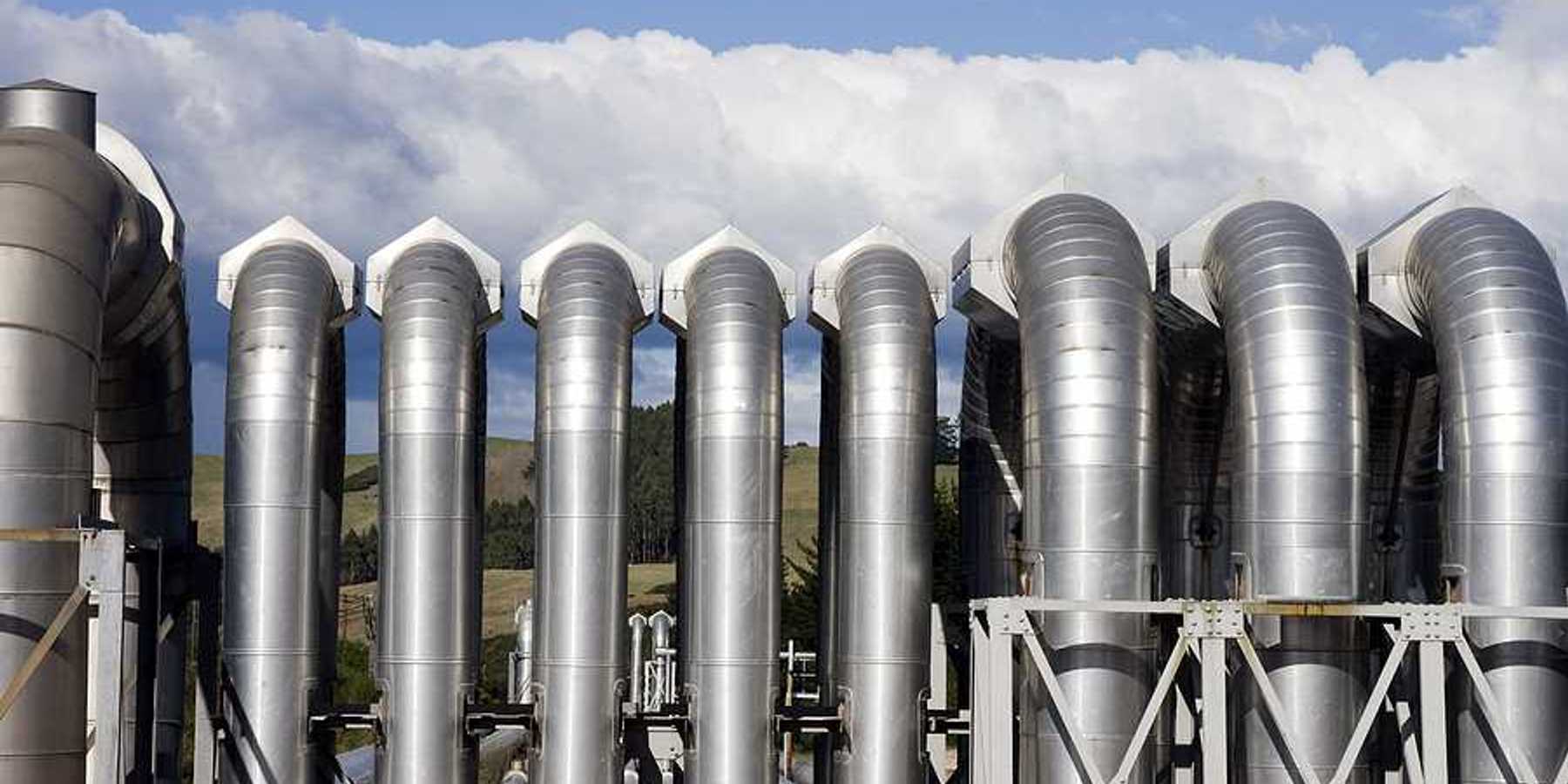Unpredictable winters put northern Canada's vital ice roads at risk
Erratic winter weather brings Manitoba's northern communities to the brink of supply emergencies as vital ice roads melt away.
Julia-Simone Rutgers reports for The Narwhal.
In short:
- Warm weather and rain have delayed and deteriorated the construction of vital winter roads in Manitoba, causing First Nations to declare a state of emergency due to a shortage of crucial supplies.
- Climate change has led to a reduction in the winter road-building season, threatening the transportation of goods in northern communities that rely on these routes for essentials like fuel and medical supplies.
- As northern temperatures rise significantly faster than the global average, communities and road builders grapple with increasingly unstable conditions that disrupt the annual supply routes.
Key quote:
“The winter road season should be well underway, but temperatures remain unseasonably warm, making them extremely dangerous and unsafe to use."
— Nishnawbe Aski Nation Grand Chief Alvin Fiddler
Why this matters:
Ice roads, which are temporary routes laid over frozen bodies of water or on land covered in ice and snow, serve as vital lifelines for remote communities and industries (like mining and oil extraction) by providing access to supplies, equipment, and emergency services during the winter months. The effects of climate change, including warmer temperatures and erratic weather patterns, present several risks and challenges for these ice roads.
As winter erodes, the 'Science Guy' is hopeful science will soon return to public policy. Let's hope he's right.













